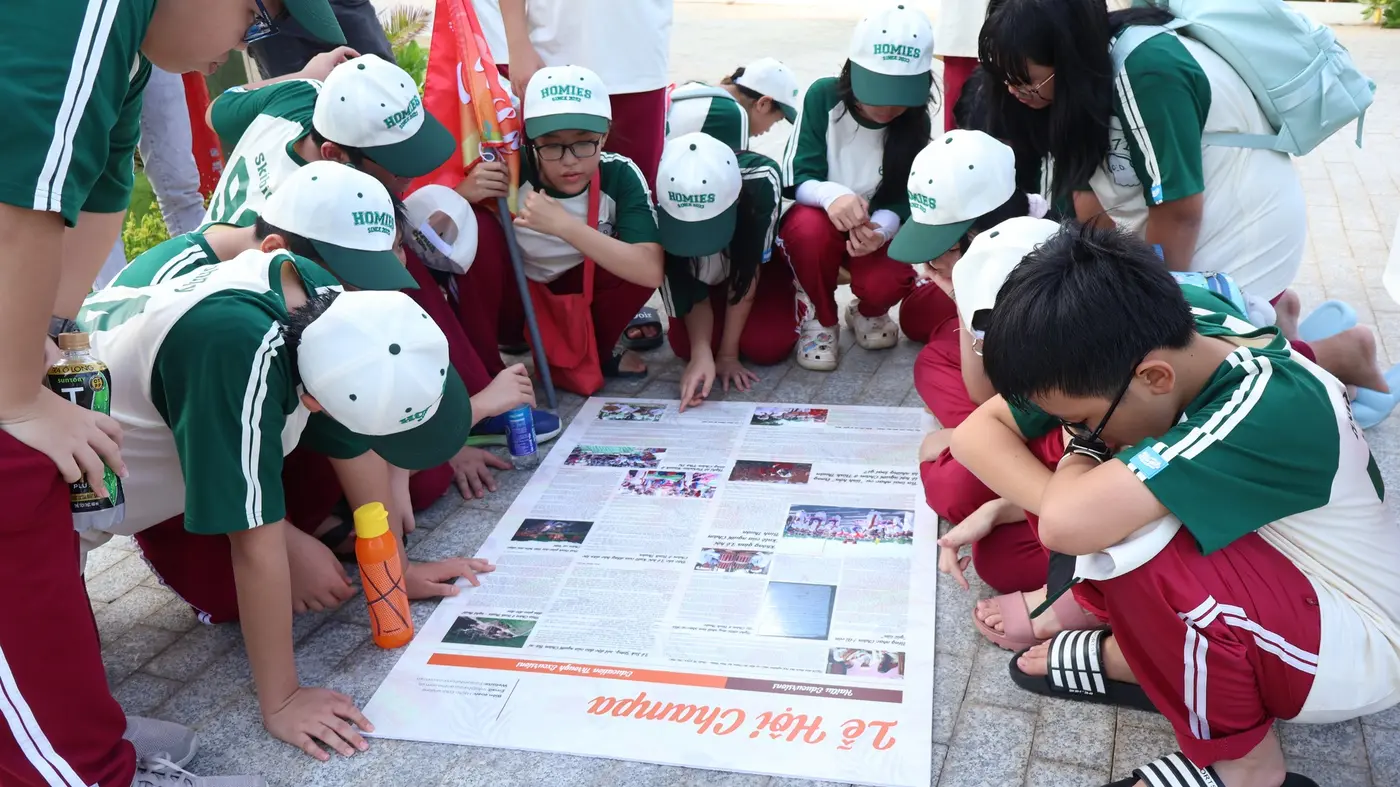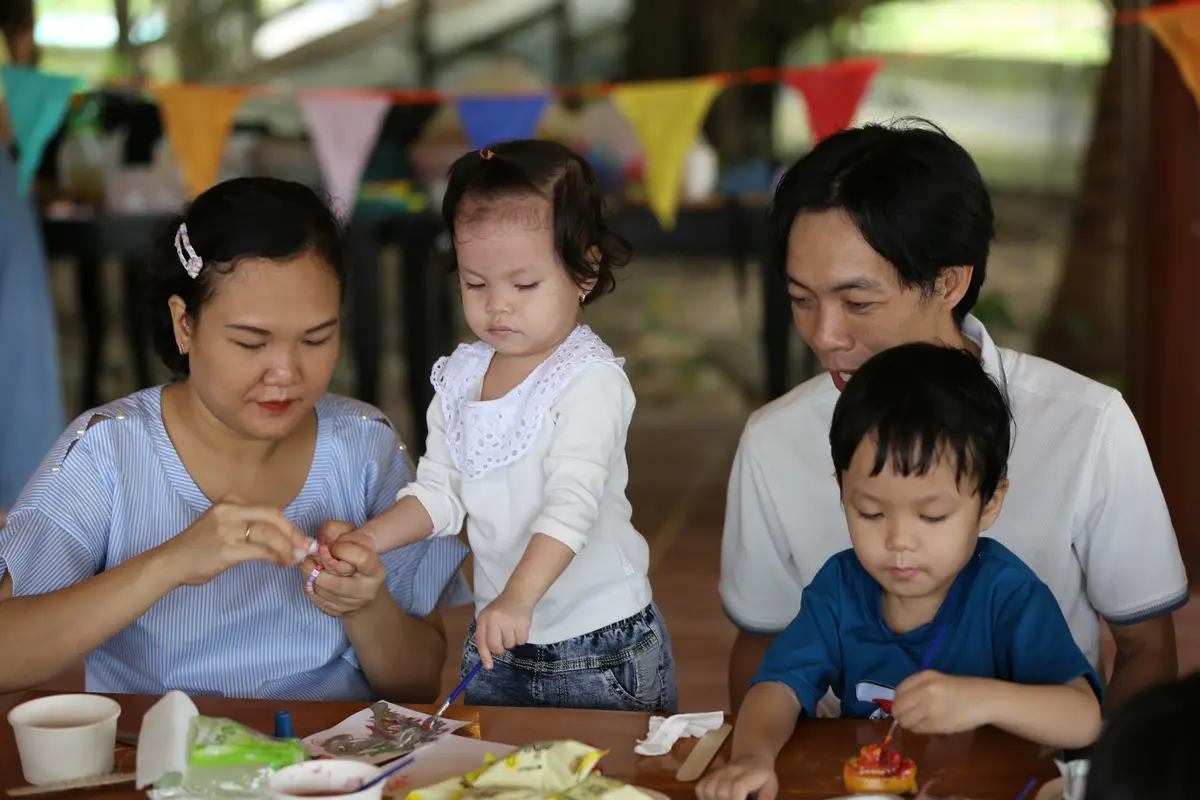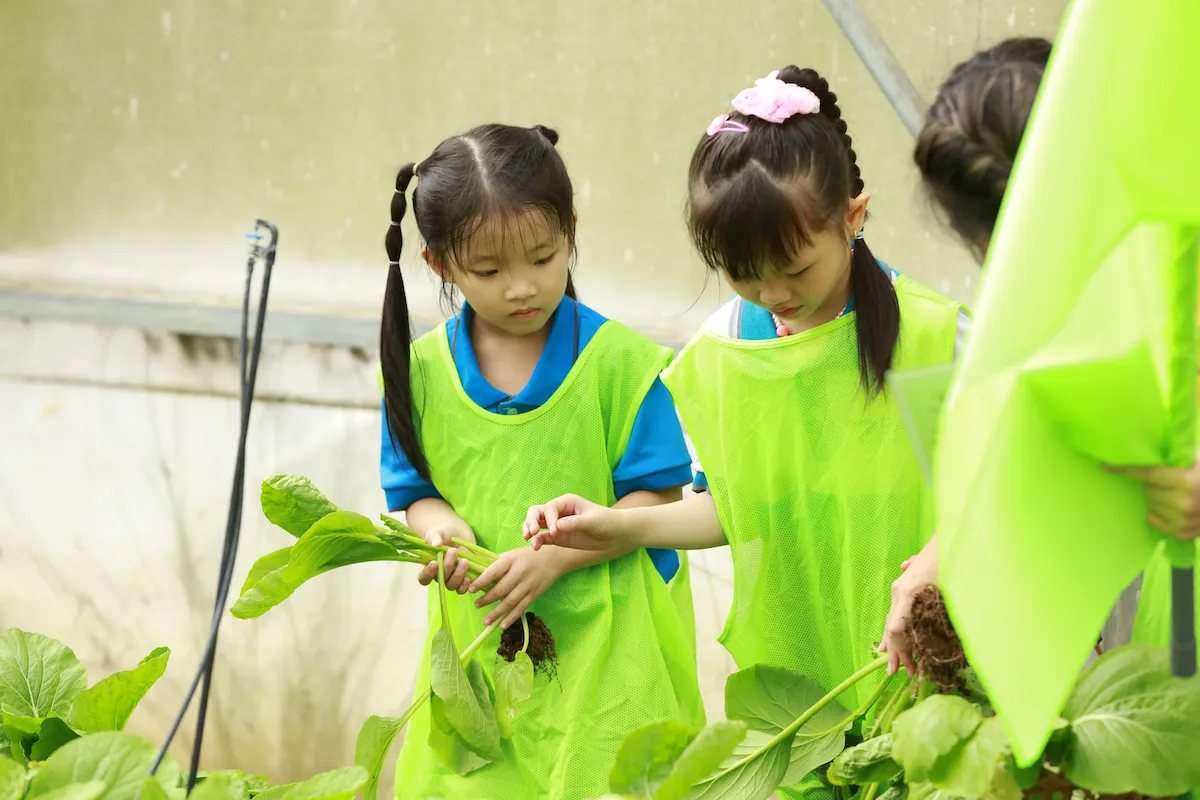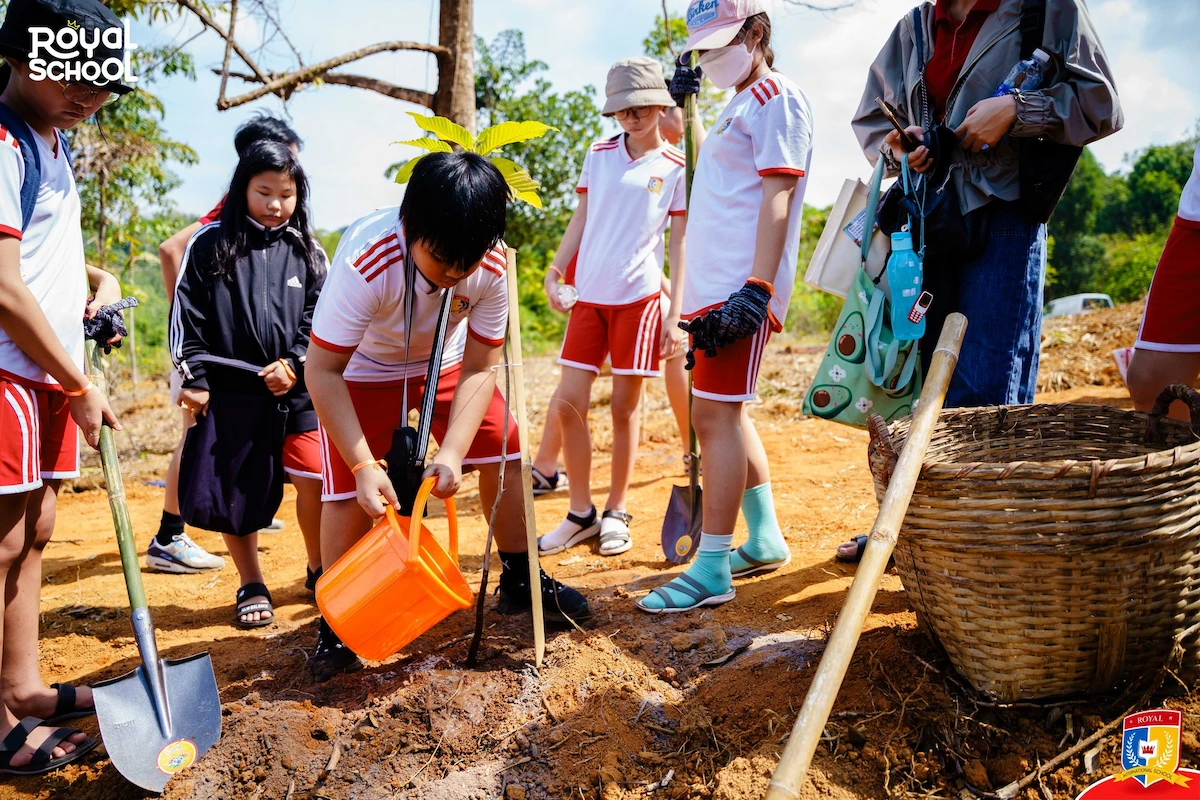Educational tourism for students is not a new concept; however, recently in Vietnam, this activity has gained more attention and has been organized into professional models, creating new tourism products.
Instead of the traditional classroom education and passive learning, the trend of educational tourism (experience – learning – relaxation) has developed to bring children closer to nature, allowing them to play freely, explore independently, and simultaneously learn about history, culture, and people. This offers students a meaningful travel experience. It is also an opportunity for them to develop skills, adapt to life, and confidently express themselves.
Currently, many travel companies in Vietnam have launched various products related to educational tourism, aligning with global education trends. A representative from a travel agency in Ho Chi Minh City said that most tours for students are required to include experiential activities as soon as clients request the tours. This summer, especially in June and July, there has been a noticeable increase in demand for educational tourism products.
Regarding the itinerary, the products mainly focus on two types of experiences. For primary, secondary, and high school students, cultural and historical experiences at local sites are combined with nature-related activities and farming tasks such as ditch digging, fish catching, gardening, and environmental protection activities. These help children become familiar with life skills, create an environment for character development through awareness of community protection and respect for labor.
Abundant Potential
According to Ms. Nguyễn Thị Ngọc Sương – General Director of Hai Au Can Tho Restaurant, Hotel, and Tourism Co., Ltd., regarding the potential of educational tourism:
“The market for educational tourism is quite large. Nowadays, the need to connect theory with practical experience is essential for schools, from public to international, for their students.”
Moreover, besides approaching schools to align with the “liberal” education model in our country, educational and training organizations are also focusing on this form of education-linked tourism.
“With the domestic market, we leverage local values, regional cultural studies, the distinct cultures of ethnic groups, and topics related to environmental protection through practical activities such as tree planting and biodiversity conservation… All these themes are currently of great interest to educational institutions. On the inbound side (foreign tourists visiting Vietnam for a short stay), we focus on cultural exchange activities and implement projects with sustainable social impact… Additionally, outbound programs (Vietnamese tourists traveling abroad) linked to education are being developed in the form of career-oriented tourism between universities and colleges in East Asia and Southeast Asia,” Ms. Sương shared.

Requires a “Long-Term Strategy”
Some tourism experts also believe that this form of education-linked tourism not only brings academic value but also helps create a generation of young people who are dynamic, creative, socially responsible, and environmentally conscious. Additionally, this tourism trend will contribute to the national tourism industry by introducing new products and creating opportunities for travel companies to grow.
However, this type of tourism in Vietnam faces many challenges. From the perspective of organizations arranging educational tours, convincing customers can be difficult. To deliver a high-quality tourism product, service prices must be appropriately set, which may lead to potential clients or new markets feeling reluctant or hesitant due to cost concerns during bidding processes or customer interactions.

In addition, the cost of organizing educational tourism programs is considered higher than that of regular tourism due to requirements for program effectiveness, specialized tour guides, and suitable facilities.
The issue of defining “educational tourism” is also quite significant, as each travel company or educational institution may have its own interpretation. As a result, sometimes the two parties do not align in their approach to the situation or expectations for the trip.
Moreover, the challenge of intellectual capital is considerable. Travel companies wishing to accompany this trend need to ensure that educational tourism is closely linked with local culture and ecology, so their customers can access accurate and sufficient information. This requires investment in expertise, including advisory teams and operational staff. For organizations aiming to follow their own path, staying true to the core values of educational tourism while balancing entertainment and professionalism presents substantial challenges.


Detailed strategic planning
Building a quality educational tourism system requires a combination of short-term and long-term strategies, as well as cooperation among multiple stakeholders.
In the short term, according to tourism experts, it is essential to conduct surveys to understand the needs and expectations of tourists and local students regarding educational tourism. Organizing pilot educational tours to collect feedback and make improvements is also important.
For the long-term plan, key factors include developing infrastructure and facilities: restoring old historical sites and building new venues such as museums, libraries, academic centers, and conference areas. At the same time, suitable accommodation, dining, and entertainment areas must be created to match the target audience and objectives.
Close collaboration is needed among schools, universities, research institutes, and the tourism sector. It is also vital to connect with international educational and tourism organizations to share knowledge and experience. Additionally, training tourism staff on educational tourism and preparing educators to participate in this model are crucial steps.







Source: Vietnam Travel – The Official Publication of the Vietnam Tourism Association.